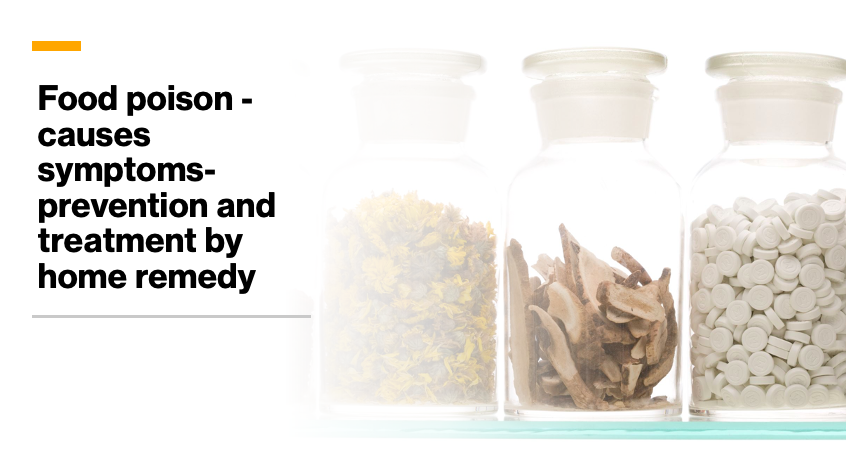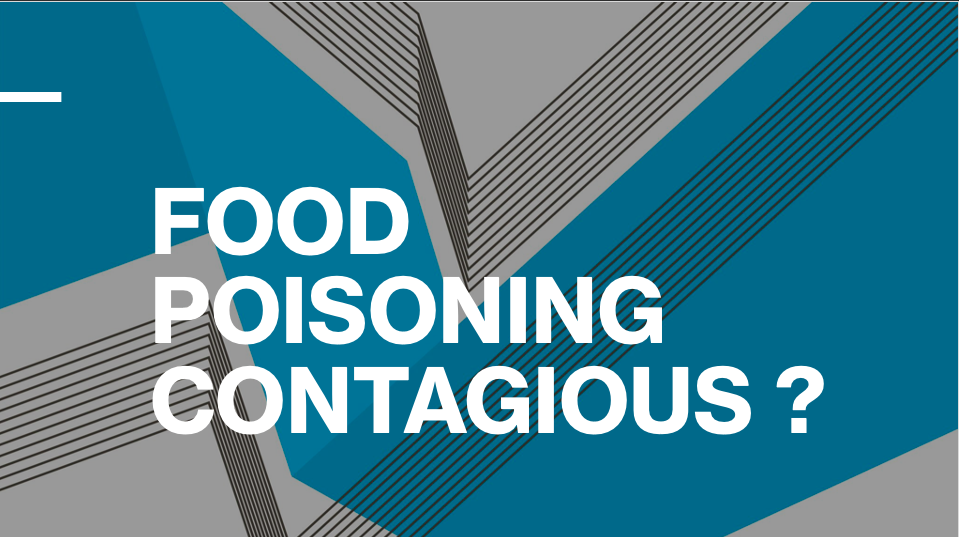DayDreamWrites
We are Thrilled to get Amazing Food Recipes to You.


Food poisoning homeopathic treatment, “Food as poison” means that certain foods can be harmful or toxic if consumed in excessive amounts or if the person consuming it has a sensitivity or allergy to the food. It highlights the importance of moderation and being mindful of what we eat and how it affects our bodies.
Food poisoning refers to the illness caused by consuming contaminated food or drink. It can result from the presence of harmful bacteria, viruses, toxins, or parasites in the food.
Food poisoning can be prevented by practicing good food hygiene, such as thoroughly cooking meat, washing produce, and storing food at proper temperatures.
Foodborne illness, also known as food poisoning, is an illness caused by consuming contaminated food or drink.
It is a common and serious health problem, and it can affect people of all ages, although it is more likely to occur in young children, older adults, pregnant women, and individuals with weakened immune systems. In some cases, foodborne illness can lead to severe complications and even death, particularly in vulnerable populations.

The first signs of food poisoning can appear anywhere from a few hours to several days after consuming contaminated food.
In some cases, it can cause dehydration, which can lead to other symptoms such as dry mouth, dark urine, and dizziness. In severe cases, it can cause complications such as blood infections or kidney failure.
In general, if you are unsure, your doctor can diagnose the cause of your symptoms, provide appropriate treatment, and offer advice on how to prevent further illness.
it can be caused by a variety of contaminants, including:
Food can become contaminated with these harmful substances in a variety of ways, such as:
the term “contaminated” refers to the presence of harmful substances, such as bacteria, viruses, parasites, toxins, or chemicals, in food or drink. Contamination can occur at any stage of the food production process, from growing, harvesting, or processing food, to transportation, storage, and preparation.
When food or drink is contaminated, it can cause illness when consumed.
Systemic diseases, or diseases that affect the entire body, can cause a range of complications, depending on the specific disease and the severity of the illness. Some common complications of systemic diseases include:
The duration of food poisoning homeopathic treatment can vary depending on several factors, such as the type of contaminant, the amount consumed, and the individual’s age and health.
Mild cases of food poisoning typically last anywhere from a few hours to a few days and can be treated with home remedies such as hydration and rest. More severe cases may require medical treatment and may last for several days or even weeks. In some cases, food poisoning can cause long-term health problems and may lead to complications such as chronic diarrhea or reactive arthritis.
If you suspect that you have food poisoning, it is important to seek prompt medical attention to receive an accurate diagnosis and appropriate treatment
Yes, food poisoning can cause a fever. A fever is a common symptom of food poisoning caused by a bacterial or viral infection. When the body is fighting off a harmful substance, such as contaminated food, it may raise its internal temperature to help kill the invading organism.


it is not generally considered to be contagious, meaning it is not spread from person to person through direct contact.
However, some types of food poisoning, such as norovirus and hepatitis A, can be contagious and can spread from person to person. This can occur when an infected person does not properly wash their hands after using the bathroom.
It can be diagnosed by a healthcare provider through a physical examination and review of symptoms. The healthcare provider may also ask about the individual’s recent dietary history and may request a stool sample for testing to identify the specific cause of the food poisoning.
In some cases, additional tests, such as blood tests or imaging studies, may be necessary to diagnose food poisoning and rule out other potential causes of symptoms.
Good hygiene is important. Here are some ways to practice good hygiene and reduce the risk
here are the steps you should take:
Here are some home remedies that can help relieve symptoms of food poisoning:
it is important to follow good food safety practices, including:
it is important to follow safe food handling and preparation practices, such as washing hands and food thoroughly, storing food at the correct temperature, and cooking food to the appropriate temperature. Good hygiene is also critical in preventing food poisoning, and individuals should wash their hands frequently and avoid cross-contaminating food.
If you suspect that you have food poisoning, it is important to seek prompt medical attention for an accurate diagnosis and appropriate treatment. Early treatment can reduce the risk of serious complications and help the body recover more quickly.
[…] Food hygiene refers to the practices that aim to ensure the safety and suitability of food for human consumption. Food and utensils hygiene It is a crucial aspect of ensuring the safety and suitability of food for human consumption. This includes proper storage, preparation, cooking, and handling of food to prevent contamination with harmful substances such as bacteria, viruses, and chemicals. It helps to prevent foodborne illnesses and maintain the quality of food. Some examples, washing hands regularly, keeping kitchen surfaces clean, and properly storing food at the correct temperature. […]
[…] Crispy cheese onion rings are deep-fried, so if they are not cooked properly, they may be oily. Here are some suggestions to help make crispy cheese onion rings less greasy: […]
[…] common item on the menus of many places that focus on South Asian cuisine is cheese chilli toast garlic. Yet, it could go by several names depending on the area or […]